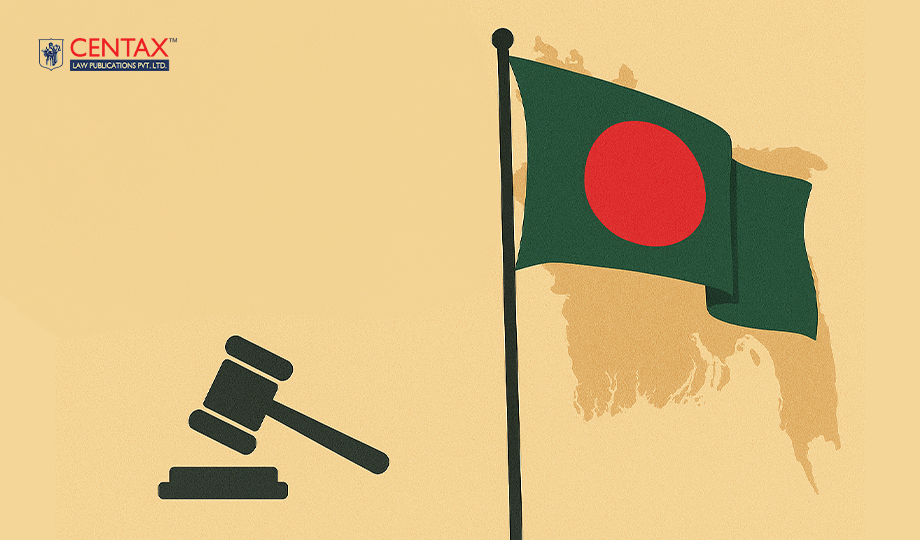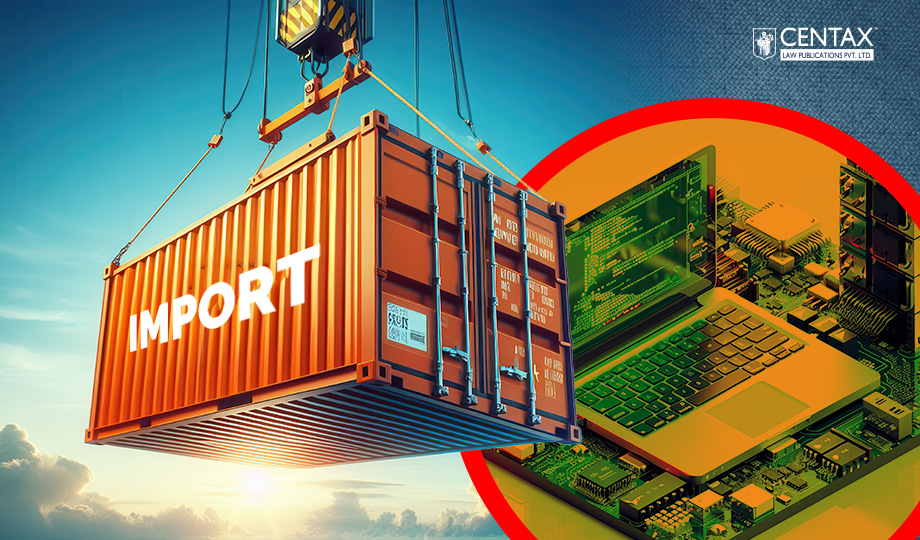
Notification No. 07/2025-26, Dated 17-05-2025
1. Notification Snapshot
- Authority & Date – DGFT Notification No. 07/2025-26-DGFT, dated 17 May 2025, inserts new Paragraph 19 in the “General Notes Regarding Import Policy” of ITC (HS) 2022 Schedule I.
- Purpose – To impose port-specific restrictions on selected imports originating from Bangladesh, with immediate effect.
2. Key Highlights of Paragraph 19
| Measure | Description | Effective Port Access | Status |
|---|---|---|---|
| Ready-Made Garments (all HS codes) | Imports barred via any land port | Only Nhava Sheva (JNPT) & Kolkata seaports | Allowed through these two seaports only |
| Listed consumer goods* | Imports barred via specified north-eastern LCSs/ICPs | May enter India through other permitted seaports, ICDs, air-cargo complexes | Restricted at the named LCSs/ICPs |
*Fruit-based or carbonated beverages; processed food (baked goods, snacks, confectionery); cotton & cotton-yarn waste; plastic/PVC finished goods (excluding pigments, dyes, plasticisers, granules used as industrial inputs); wooden furniture.
3. Goods Under Restriction
- Ready-Made Garments (RMG) – all HS headings.
- Fruit or fruit-flavoured/carbonated beverages.
- Processed food items – chips, snacks, baked goods, confectionery.
- Cotton & cotton-yarn waste.
- Plastic & PVC finished goods – except raw-material inputs (pigments, dyes, plasticisers, granules).
- Wooden furniture.
4. Port-Specific Provisions
| Route | States/Ports Affected | Import Status |
|---|---|---|
| All Land Ports | Pan-India | RMG prohibited. |
| Nhava Sheva & Kolkata seaports | Maharashtra & West Bengal | RMG permitted. |
| LCSs / ICPs in Assam, Meghalaya, Tripura, Mizoram | NE India | Listed consumer goods prohibited. |
| LCS Changrabandha & Fulbari | West Bengal | Listed consumer goods prohibited. |
Imports of the listed goods may still enter via other maritime ports, inland container depots (ICDs) or air-cargo complexes, subject to usual customs clearance.
5. Exemptions & Non-Applicability
- Completely unaffected items – Fish, LPG, edible oil, crushed stone.
- Transit cargo – Bangladeshi goods moving to Nepal or Bhutan via India remain outside these restrictions.
6. Compliance Checklist for Importers
- Review Purchase Orders – Ensure suppliers ship via permitted ports only.
- Update IEC & CHA Instructions – Mention correct port-of-entry on commercial docs and Bill of Entry.
- Pre-Alert Shipping Lines & Transporters – Avoid routing mistakes that could trigger detention at restricted LCSs.
- Monitor EDI Notifications – Customs RMS flags will reflect the new policy; be prepared for documentary evidence of routing.
- Amend Contracts – Account for longer lead times or altered freight costs if shifting from land to sea routes.
7. Practical Impact on Trade & Logistics
- Cost Implications – Shifting consignments from Benapole–Petrapole or other land corridors to Nhava Sheva/Kolkata may raise sea-freight and handling charges.
- Transit Time – Maritime routing adds 5-10 days versus direct land movement for many SMEs in eastern/north-eastern India.
- Supply-Chain Realignment – Importers may consolidate cargo or explore Indian domestic substitutes to offset higher logistics costs.
8. Timeline & Enforcement
- Effective Immediately – Shipments that have not yet cleared Bangladeshi customs should be rerouted.
- Short-Term Monitoring – Customs formations at the named LCSs/ICPs have begun enforcing gate-level checks. Expect stricter scrutiny during the initial weeks.
9. Recommended Next Steps
- Communicate with Bangladeshi Suppliers – Provide them the updated routing matrix.
- Re-negotiate INCOTERMS – Switch to FOB-Chittagong or CIF-Nhava Sheva terms to clarify responsibilities.
- Stay Updated – Track DGFT trade notices or CBIC circulars for any relaxations or clarifications.
- Evaluate Alternate Procurement – Diversify sourcing where feasible to mitigate potential bottlenecks.




















